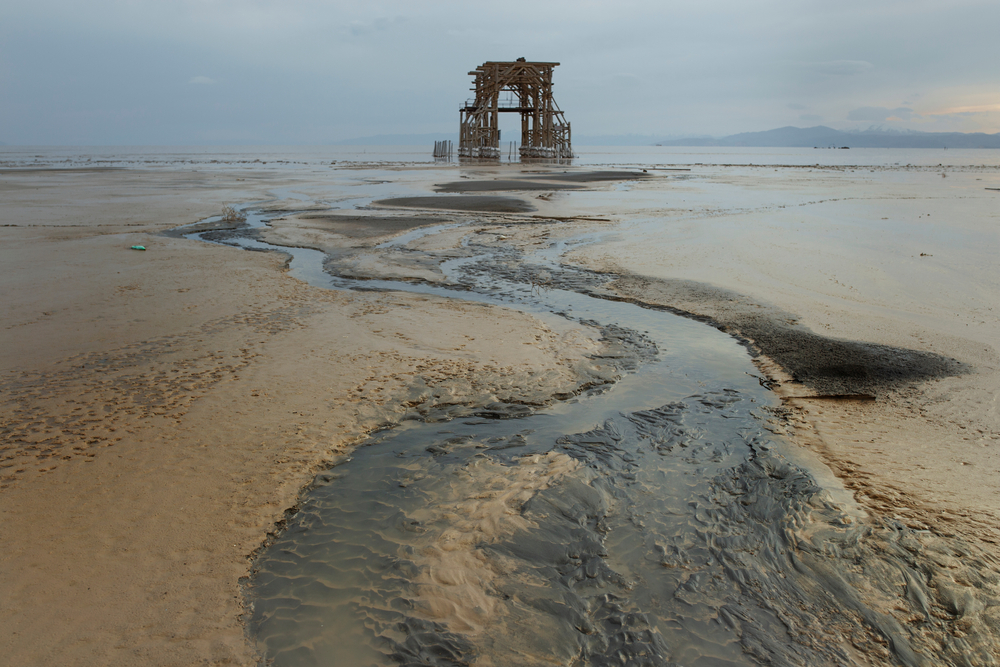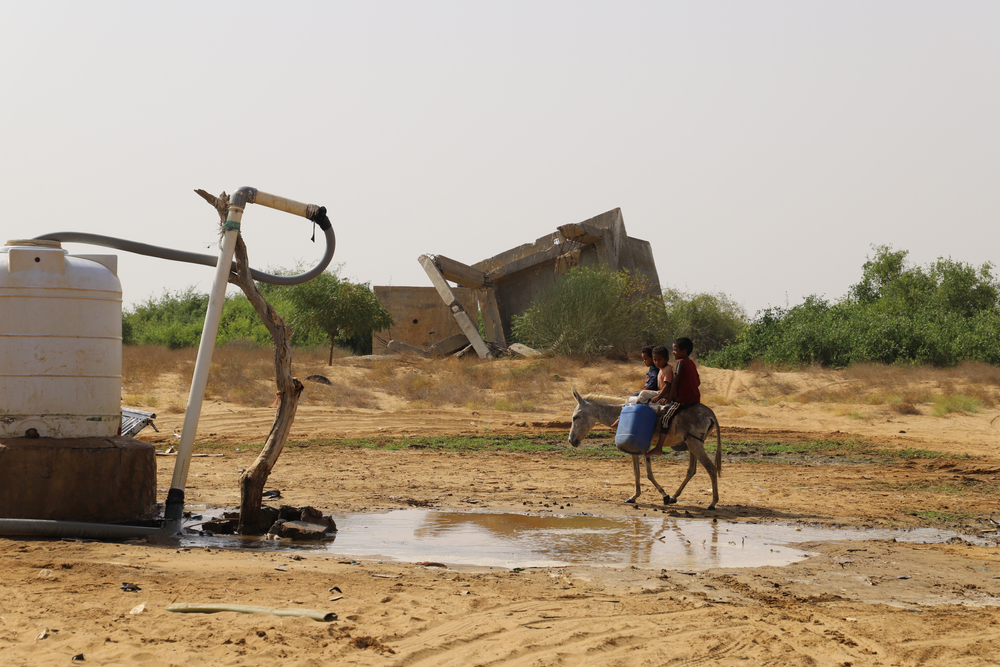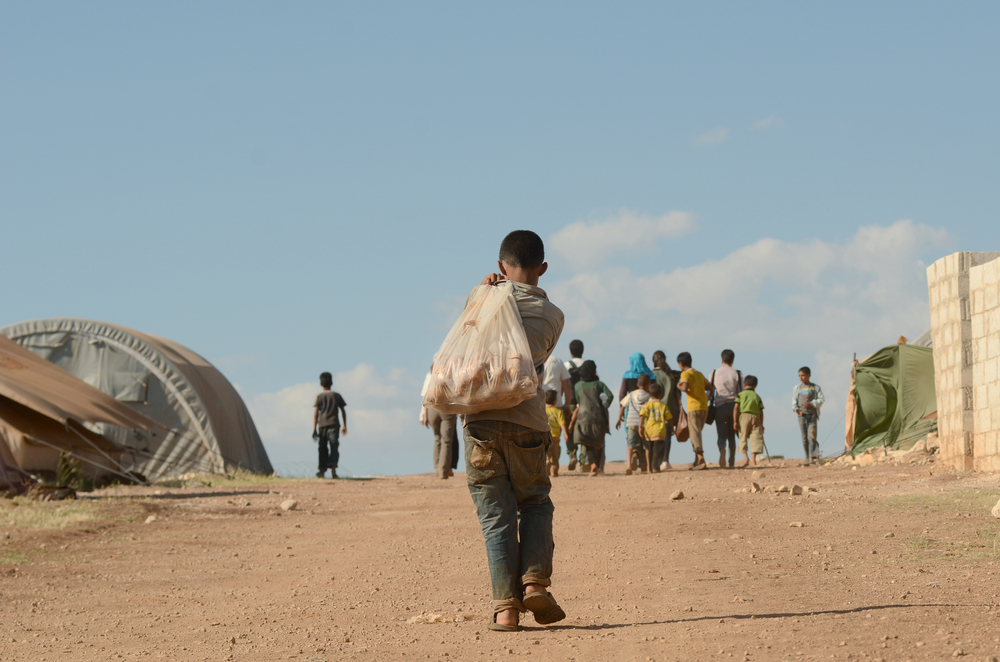When most people think of the Middle East, they imagine sand dunes and rolling deserts. While that is true of a nation like Saudi Arabia, it is not an accurate image for the broader Middle East. The great rivers of this region are one of the reasons why areas like Mesopotamia (modern-day Iraq, Turkey, Syria, and Kuwait) are known as the birthplace of civilization.

The great rivers of the Middle East, such as the Euphrates and the Tigris, are mentioned in the book of Genesis description of the Garden of Eden. The rivers of the Middle East helped shape Biblical and world history.
A river flowed from the land of Eden, watering the garden and then dividing into four branches. The first branch, called the Pishon, flowed around the entire land of Havilah, where gold is found. The gold of that land is exceptionally pure; aromatic resin and onyx stone are also found there. The second branch, called the Gihon, flowed around the entire land of Cush. The third branch, called the Tigris, flowed east of the land of Asshur. The fourth branch is called the Euphrates. Genesis 2:10-14
The river systems that supported the empires of Babylon, Persia, and the Ottomans are now facing historical and unprecedented strains. Today it is not only humanitarian aid groups, but engineers, who are warning of a humanitarian disaster about to unfold in northeast Syria and western Iraq. Plummeting water levels at hydroelectric plants since January are leading to the loss of power and water for up to 12 million people in that area.

The Euphrates and Tigris Rivers are the primary water sources in this area, and as they dry up, the ecological and economic consequences are enormous. Kurds in the region accuse Turkey of limiting the flow of the Euphrates. While 90% of the Euphrates flows from Turkey, that flow has diminished, but it has also reduced in Turkey. Across the region, water sources are drying up, changing the nature of human life, and creating opportunities for major resource wars.
Another 4 million people in Lebanon have also been struck by the consequences of the significant drought impacting the Middle East. Water shortages have limited power consumption to an hour a day in homes and businesses throughout Lebanon. In a bizarre cycle of scarcity, the power shortages caused by reduced water supplies have limited the power of water pumps in Lebanon, leading to further water shortages.
Many of the populations most impacted by the water crisis in the Middle East are refugees or displaced persons. War and oppression already upended the lives of this population that ranges in the millions. Now, the water crisis in the Middle East is unleashing another devastating blow that will wreck enormous humanitarian consequences.
Historic droughts, conflict, and government mismanagement are the leading causes of the water crisis in the Middle East today. In nearly every instance, these drivers of the problem are perpetuating rather than responsible programs of conservation and distribution being implemented to forestall the water crisis in the Middle East.
At the end of July, I wrote about the water crisis and resulting unrest in Iran. This water crisis in the Middle East is not a doom and gloom prophecy of things to come. It is here now!






